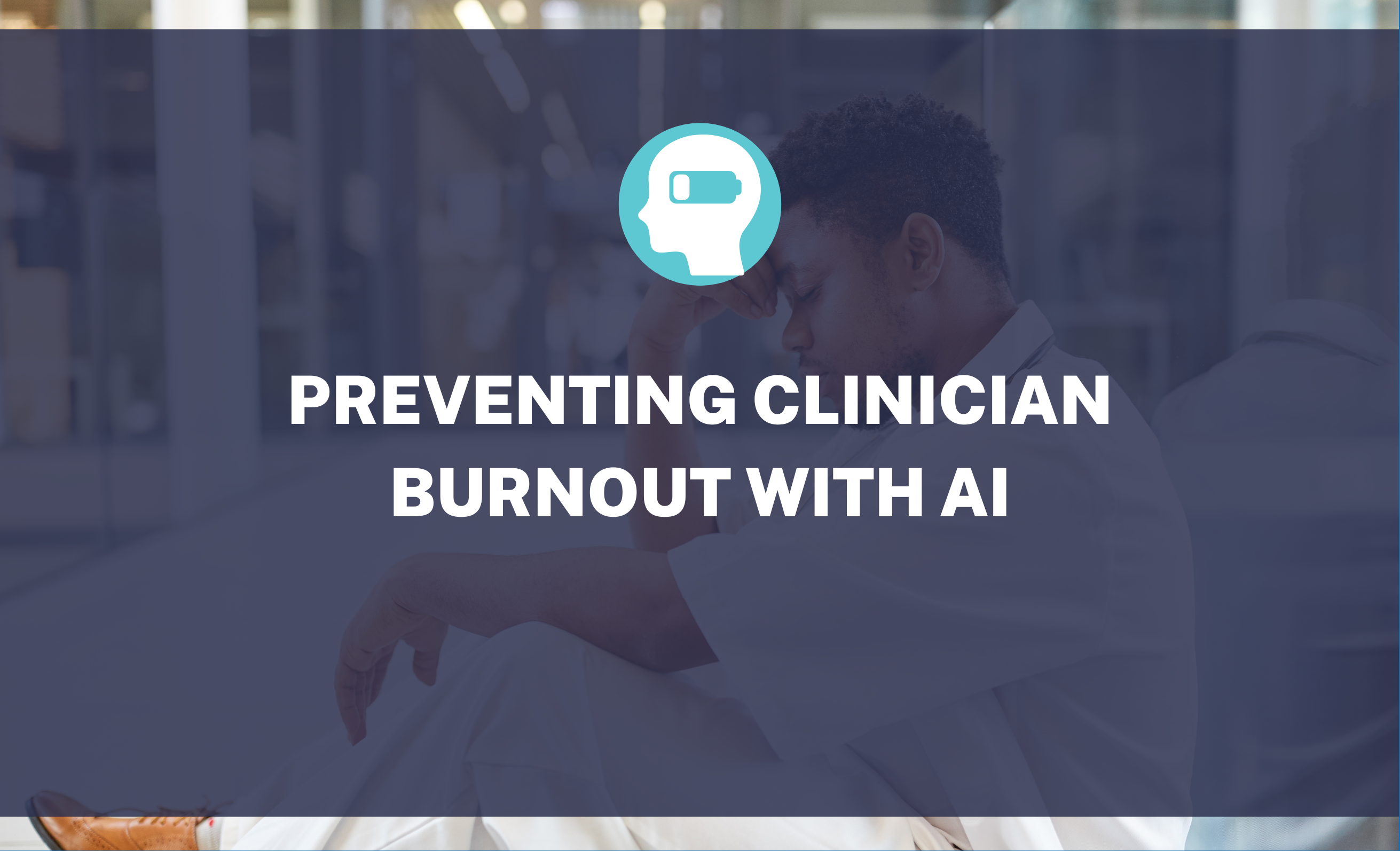Burnout among doctors and nurses was already a major problem facing healthcare organizations, even before the COVID pandemic – maybe even more for healthcare professionals working in the extremely demanding field of cardiology.
It’s not just a matter of long hours and overwhelming patient loads (although these factors certainly don’t help). Burnout is also the result of the pressure that healthcare providers put on themselves to be perfect when the stakes are literally a matter of life or death. According to one recent survey, 43 percent of cardiologists report feeling burnt out, compared to 39 percent in academic medicine and 32 percent of nurses.
Those numbers are alarmingly high, but healthcare organizations often lack good options for addressing the problem. The COVID-19 pandemic stretched already thin healthcare staff nearly to their breaking point, and the ensuing “Great Resignation” has made it difficult for clinics and hospitals to recruit and retain new talent. Even if a healthcare organization is able to find prospects, budget limitations often prevent them from expanding their staff enough to meaningfully reduce burnout.
Technology (in particular, artificial intelligence) may become a viable solution for many healthcare organizations. Here are four ways that AI can prevent and reduce burnout for clinicians.
Read the full article in Electronic Health Reporter Magazine.

